Delaware Prosperity Partnership
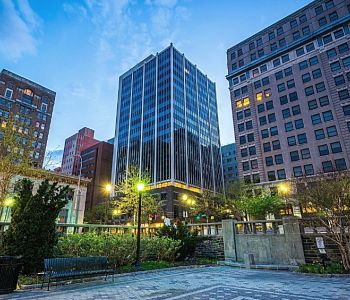
September 23, 2020
City of Wilmington Joins the National League of Cities “City Innovation Ecosystems Commitments Program”

September 18, 2020
Raas Celebrating the Flavors of India

September 15, 2020
Delaware Launches COVID Alert DE Mobile App
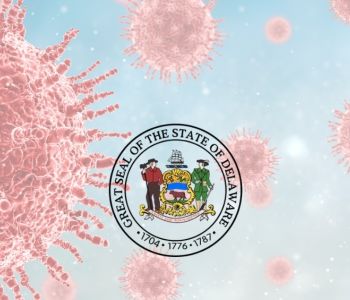
September 14, 2020
Governor Carney Announces Updates to Statewide Testing Sites

September 9, 2020
Summer Founders Program Helps Students Build a Business
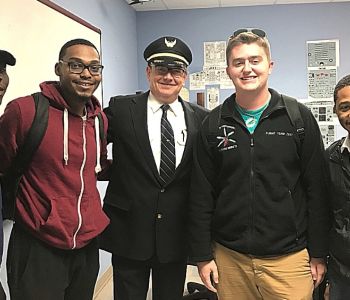
September 4, 2020
Soaring High Heights with DSU Aviation Program
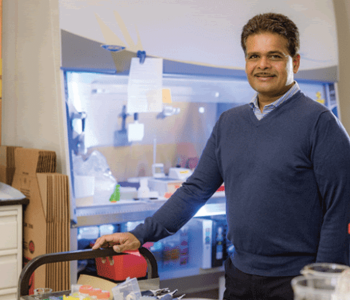
September 2, 2020
Prelude Therapeutics Raises Another $50M to Advance Cancer Therapies

August 27, 2020
All Aboard! Delmarva Central Railroad Company is on the Move
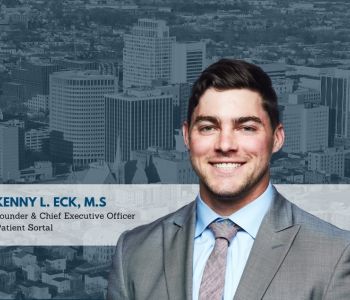
August 21, 2020
Patient Sortal Aims to Streamline Healthcare Data
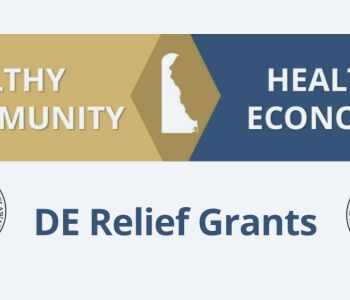
August 20, 2020
$100M DE Relief Grants Program Announced for Delaware Small Businesses & Nonprofits
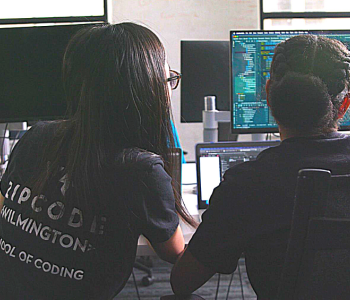
August 13, 2020
Delaware Creates Diverse Tech Talent Pipeline
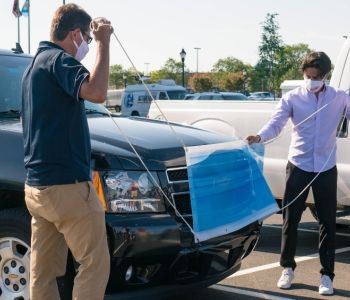
August 10, 2020
Face Masks on Government Cars to Promote Mask-Wearing











